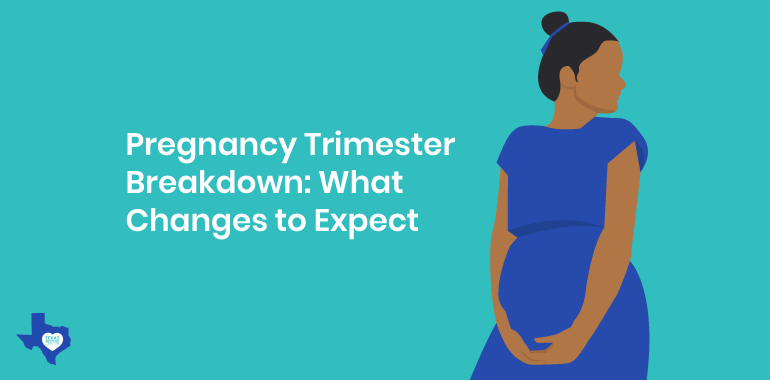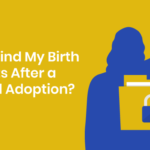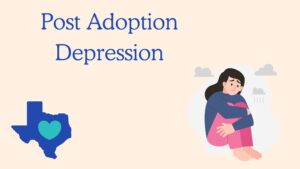
No one goes into their first-time pregnancy experience knowing exactly what to expect, and that’s normal. For about 40 weeks (give or take), your body is going to change in ways you’ve only previously imagined. While everyone is different and every pregnancy is different (and somewhat unpredictable), there are milestones that every pregnancy reaches.
Recognizing how your body changes during pregnancy, and tracking milestones, is of the utmost importance. Doing so can help you adapt and be fully ready for what comes next.
Pregnancy Trimester Breakdown
You’ll be going through body changes during pregnancy week by week, with the average pregnancy lasting 40 weeks, split up into trimesters ranging from 12 to 15 weeks each.
The First Trimester: What To Expect
The first trimester often begins before you’re even aware of it. You could actually be several weeks into your first-time pregnancy experience before realizing you’re pregnant.
Maybe your menstrual cycle is irregular, so being “late” isn’t so weird. By the time you take a pregnancy test, the baby growing within has already experienced dynamic formation and growth.
Week 4 is when those on more regular cycles might be concerned about being “late.” Week 5 is when you’re best able to determine you’re pregnant with a test. Morning sickness and sore breasts are common in Week 6.
Around Week 8 is when the baby goes from being an embryo to a fetus, with arms and a face forming. All this time, your diet will need to change, starting with you cutting out greasy food.
Body growth and hormonal changes will be felt more profoundly as time goes on, with the fetus growing legs around Week 10. The worst pregnancy symptoms (nausea, etc.) start to go away by Week 12, which caps off your first trimester.
By this point, you may be considering your options, and asking yourself if parenting is right for you. If you opt for adoption, you may want to start making arrangements now, though you can do it at any time.
The Second Trimester: What To Expect
The arrival of the second trimester brings with it more noticeable changes, such as getting bigger and heavier. With regards to weight gain, you’ll see an average monthly increase of four pounds or so; the second trimester is usually the time that sees the most weight gain, concurrent with belly expansion. You may have leg cramps at this time.
Week 15 is around when doctors will test for certain disorders, such as Down syndrome. From Weeks 16 to 17, the fetus starts growing hair, and from Weeks 18 to 20 is when the baby will start to move around within you and can hear you; you’ll be at the halfway point then. Weeks 21 to 23 are when you really start to show, which necessitates wardrobe changes.
You’ll pass a major milestone at Week 24, which is about when, if something were to go wrong, babies stand a chance of surviving with medical treatment.
You may be regularly experiencing Braxton Hicks contractions by the end of your second trimester, which are usually mild at this stage. If more severe, talk to your doctor, as this could signal preterm labor.
The Third Trimester: What To Expect
You’re in the home stretch now of your first-time pregnancy experience. Before you know it, your baby will be ready to make his or her grand appearance. You’ve got a bit more to go through, though. Your body is carrying more weight than ever, so you’ll be experiencing backaches. You may have trouble sleeping, so try laying on your side with a pillow between your legs. You’ll also urinate more frequently, and may even have hemorrhoids.
Your baby will kick inside your womb more often starting around Week 29. You’re big enough at Week 30 to feel more than a bit unbalanced when walking, so be careful.
At or around Week 31, Braxton Hicks contractions can get more severe; you’ll need to be on the lookout for signs of preterm labor. From Weeks 32 to 35, the baby’s bones are hardening up.
Week 36 will be when your obstetrician will start checking to see if the baby’s position is going down to prepare for birth.
At Week 38, you’ll likely be seeing your OB-GYN once a week, and by the time you reach Week 39, you’re at a point when the baby could arrive at any time.
You and Your Baby Will Never Lack Care
If you’re going through a first-time pregnancy experience, all of the changes your body is going through can be overwhelming. There may also be moments of mood swings, severe anxiety, and more.
Understanding how your body changes during pregnancy will help you deal with the physical changes, while there are those you can contact if in need of emotional support or medical care.
If you’ve chosen the path of adoption, Texas Adoption Center can help you every step of the way. You’re not alone, so don’t hesitate to get in touch.






